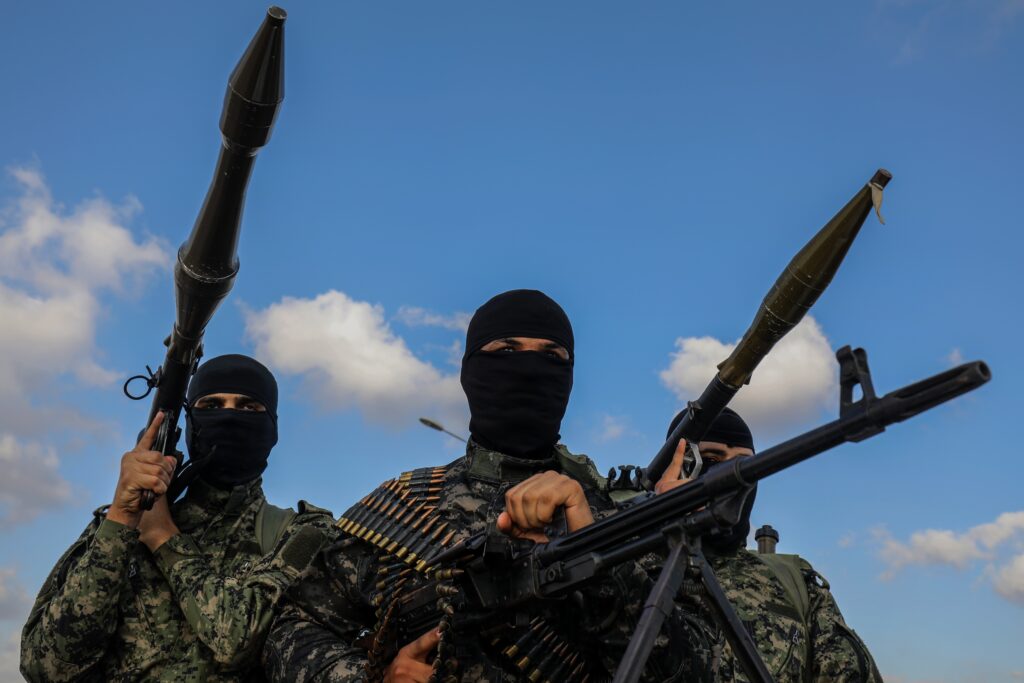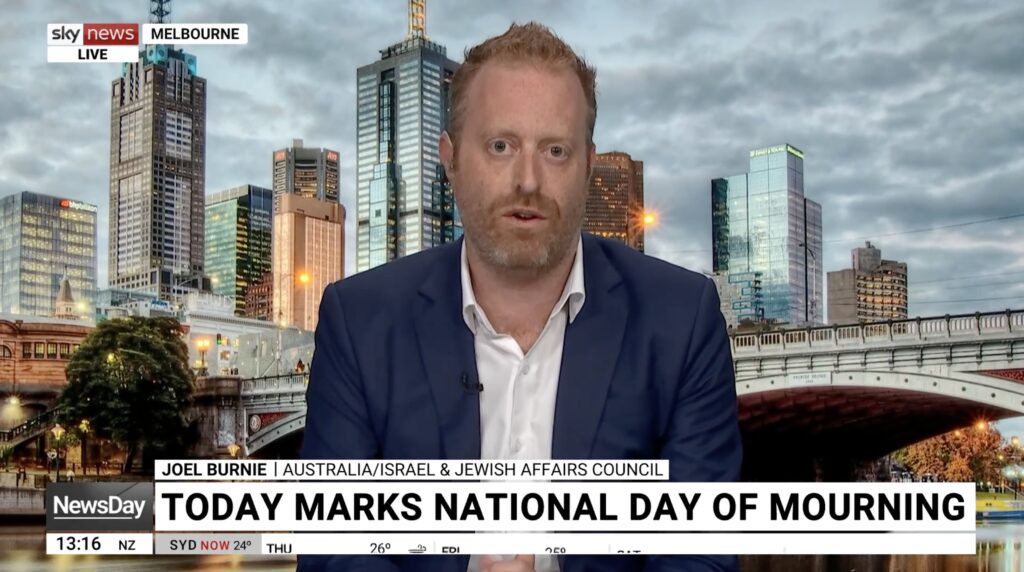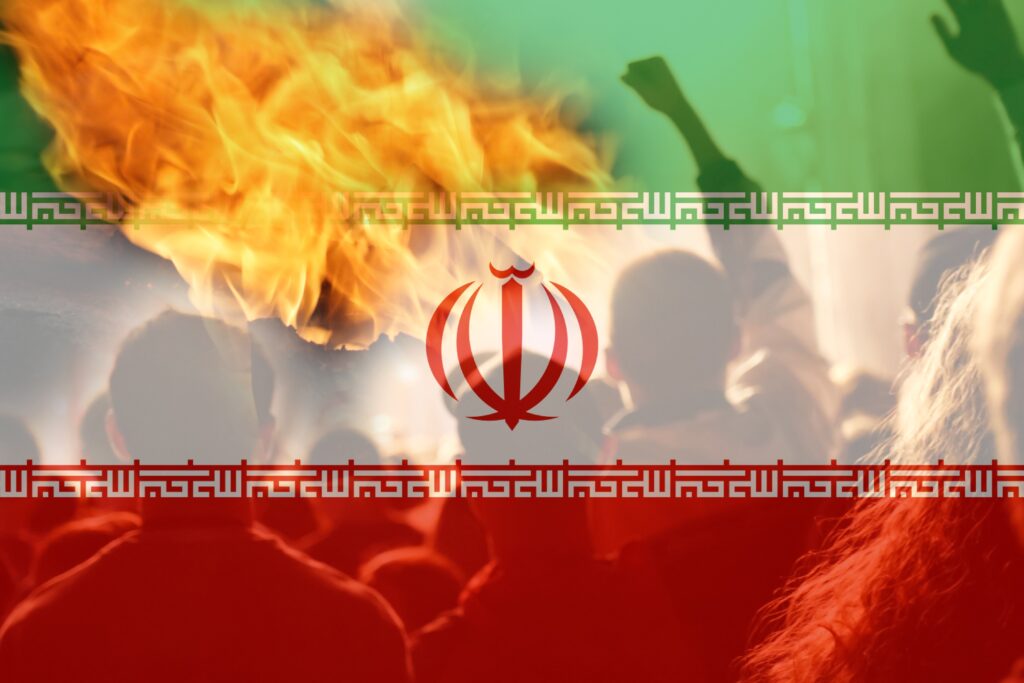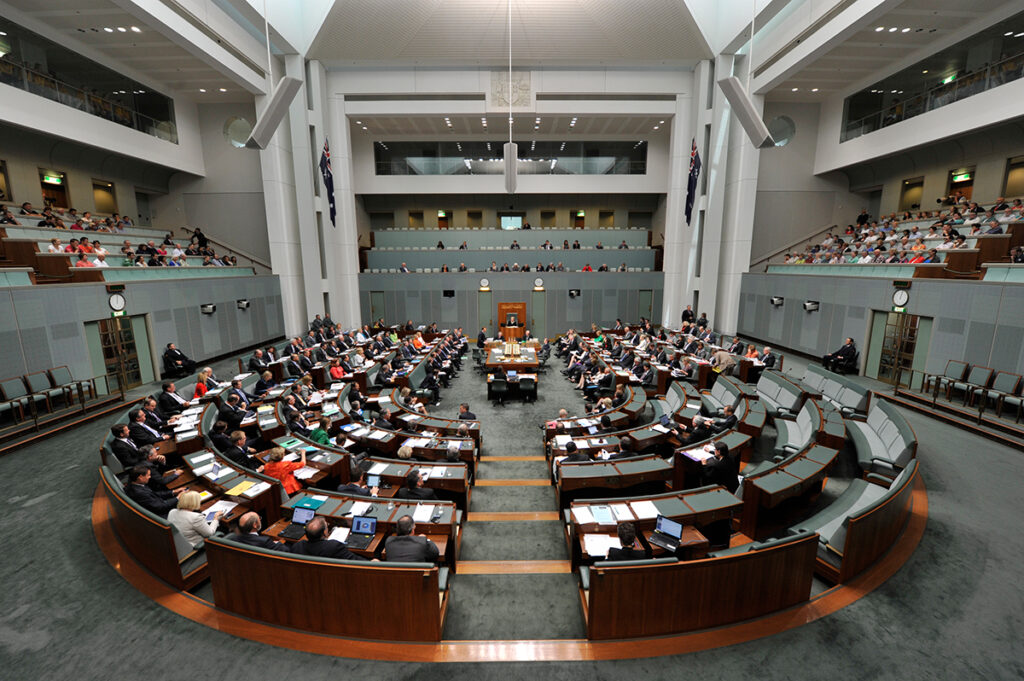UPDATES
Jerusalem Arabs being treated as political pawns
October 31, 2013 | Daniel Meyerowitz-Katz
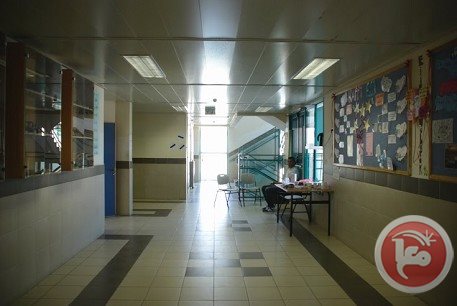
Daniel Meyerowitz-Katz
As peace talks between the Israelis and the Palestinians continue, the status of Jerusalem remains one of the seemingly insurmountable obstacles to an agreement. The PLO’s position has always been that their future State of Palestine must have Jerusalem as its capital, whereas many Israelis have long objected to dividing the ‘united city’.
To that end, a bill has been proposed by the ultra-orthodox opposition party United Torah Judaism which would theoretically bar Israeli leaders from negotiating the status of Jerusalem without approval from 80 of the 120 members of the Knesset. Thanks to political manoeuvring and grandstanding by some of the parties in the governing coalition, the bill was approved by a 5 to 4 vote in the Israeli cabinet’s nine-member ministerial committee for legislation.
As the bill was opposed by a member of the cabinet–Justice Minister Tzipi Livni–it will now have to be voted on by the full cabinet, where it will most likely be opposed by Prime Minister Binyamin Netanyahu as well. (The New Republic‘s Ben Birnbaum has noted Prime Minister Netanyahu’s recent shift away from the position that Jerusalem can never be divided.) Accordingly, the overwhelming likelihood is that the bill will never reach the Knesset floor, much less be enacted into law.
The status of Jerusalem involves complex considerations of unity and division, and firey debate on this issue has become a staple of Israeli politics. Many of these realities were brought to light in last week’s municipal elections which, as Haaretz‘s Anshel Pfeffer argues, portrayed a Jerusalem that is in some respects more divided than ever.
The haredi (ultra-orthodox) leaders can still get their people out to vote at higher rates than their rivals, but infighting prevented their settling on a single candidate for mayor. Meanwhile, the previously distinct hiloni (secular Jewish) and dati-leumi (religious nationalist) blocs seem to be in the process of merging with each other and then lining up along a political rather than religious divide.
Then there is the fourth bloc, Jerusalem’s Arab residents, whose voting participation was at a record low of just 1%–as compared to 30-50% of the hiloni/dati voters and 70% of the haredi voters. As Palestinian/Jordanian journalist Daoud Kuttab observed, this is in stark contrast to the Arab residents in other parts of Israel, whose turnout rates are generally higher than Jewish residents.
Both history and ideology lie behind these differences in voting behaviour. Israel captured East Jerusalem from Jordan in 1967 and formally annexed it after the war. In what is remembered as a political victory in Palestinian mythology, in order to protest Israeli control of Jerusalem the Arabs in those areas largely declined to take up the Israeli citizenship that they had been offered. They were consequently issued permanent residency permits and have remained in a form of nationalistic limbo ever since.
The current decline in voter turnout appears to conflict with a number of trends in recent years which have seen the Jerusalem Arabs increasingly engage with the Israeli administration and, in return, seen increasing investment in the Arab communities from the Jerusalem municipality.
Last month, the Christian Science Monitor‘s Ben Lynfield reported that many Palestinians in East Jerusalem had been moving towards adopting the Israeli high school curriculum instead of the Palestinian Authority’s version.
The Palestinian Authority labelled this part of “the attempt to totally de-Arabise and de-Palestinise Jerusalem”; whilst many other Palestinians raised complaints about the different nuances in narrative, such as references to the ‘Temple Mount’ in Jerusalem rather than the ‘Haram al-Sharif Complex’. On the other hand, Palestinian proponents of switching to the Israeli curriculum cited pragmatic concerns–such as its higher standards, its stronger emphasis on science, and its focus on critical thinking rather than wrote-learning.
Further, as journalist and Palestinian resident of East Jerusalem Riman Barakat observed last year, an increasing number of the East Jerusalem Arabs have been taking on Israeli citizenship in order to avoid the restrictions that they suffer as permanent residents.
A great deal of this integration is motivated purely by economics. Israeli qualifications mean easier access to Israeli jobs, and the Israeli minimum wage is 2-3 times higher than the average Palestinian wage. Similarly, East Jerusalemites are switching to Israeli water providers for better services.
One particularly positive development has been the recent strides forward in the public health of East Jerusalem, as detailed by Nir Hasson in a Haaretz feature last year. In 1995, Israel underwent major reforms to its healthcare system, and now requires all citizens to join one of four privately run, for-profit health insurance companies which compete with each other for members and for public funding. These reforms have given Israel the fourth best healthcare system in the world.
Most Jerusalem Arabs are not citizens and so are not required to join one of these companies, however the government allocates funding based on number of members, so it in the interest of the healthcare companies to recruit them. As a result of these companies competing for members in East Jerusalem over the past decade, standards of healthcare have risen to the point where they roughly match the Israeli average.
Meanwhile, the recently re-elected Mayor of Jerusalem, Nir Barkat, has been quite literally building inroads into the Arab communities in his city. As the New York Times‘ Jodi Rudoren reported, Barkat was trumpeting his record investment into Arab neighbourhoods as part of his election campaign: “about $141 million for roads and infrastructure, $113 million to build 500 classrooms, more than $1 million for a single soccer field in Beit Safafa.”
Yet this campaigning was directed at the Jewish voters in Jerusalem. Barkat did not bother promoting his efforts to help the Arab residents to these Arab residents themselves as he knew that they would not be voting in the election. It says a lot about the Jewish voters in Jerusalem that Barkat would feel that his support for the Arab residents would win him favours with them.
One person who would definitely have preferred for the Arab residents to vote in higher numbers was Fuad Sliman, who was running to be elected as the first Arab councillor in the city since the unification of Jerusalem in 1967. Sliman himself told Al Jazeera that he “aches for the day when East Jerusalem is the capital of an independent Palestinian state”, yet he recognises that electoral participation could dramatically improve the lot of the Jerusalem Arabs.
Sliman, however, was not running on an Arab ticket. Instead he was fourth on the joint ticket of leftist Zionist parties Meretz and Labour, which only got two candidates up. Similar to Barkat, Sliman found himself relying on Jewish voters, despite running predominantly to improve the situation of Arab residents.
So why does the turnout continue to be so low? The consensus seems to be that it is largely thanks to Palestinian political parties pressuring the East Jerusalem residents not to vote, with some Arab Jerusalemites interviewed by Rudoren citing fears of becoming “outcasts” if they participated in elections.
The PLO’s opposition to the Jerusalem Arabs voting is an open gambit to keep hold of an important bargaining chip in negotiations with the Israelis. This becomes more difficult to justify when polling shows that Jerusalem’s Arab residents are not especially keen to be ruled over by the PA, with pluralities saying they prefer Israeli rule, and substantial numbers even saying that they would move to a different neighbourhood if they one they currently live in were slated to come under PA control. Electoral non-participation is therefore strategically important for the PLO as it maintains the impression that the Jerusalem Arabs do not feel themselves to be Israeli.
Yet that does not seem to be the predominant reason for non-participation at least amongst the residents interviewed on election day in various media outlets. For example, Alexa Stevens from PLO-aligned news agency Ma’an quoted one resident saying:
“We have a problem with the people who are responsible for Jerusalem, for they don’t help the Arab sector as they should. Secondly, we maintain the decision to boycott the elections until the Arab sector enjoys support.”
This mindset creates a self-fulfilling prophecy. The Arabs refuse to vote until they receive better services, however refusing to vote condemns them to receive worse services because their voices are simply not heard on the municipal council. The irony is that many of the accusations of discrimination that are often hurled at Israel can be attributed directly to this lack of engagement, including: difficulties in obtaining building permits and planning approval; inadequate allocation of funding for local projects and construction; and even the substandard services such as garbage collection and mail delivery.
Hopefully Barkat’s policies of improving services across all sectors of Jerusalem will continue and the Arab residents will find their situation slowly improving. However so long as they continue to be treated as a bargaining chip in the struggle for control over Jerusalem it is unlikely that they will move forward very quickly.
Tags: Israel

